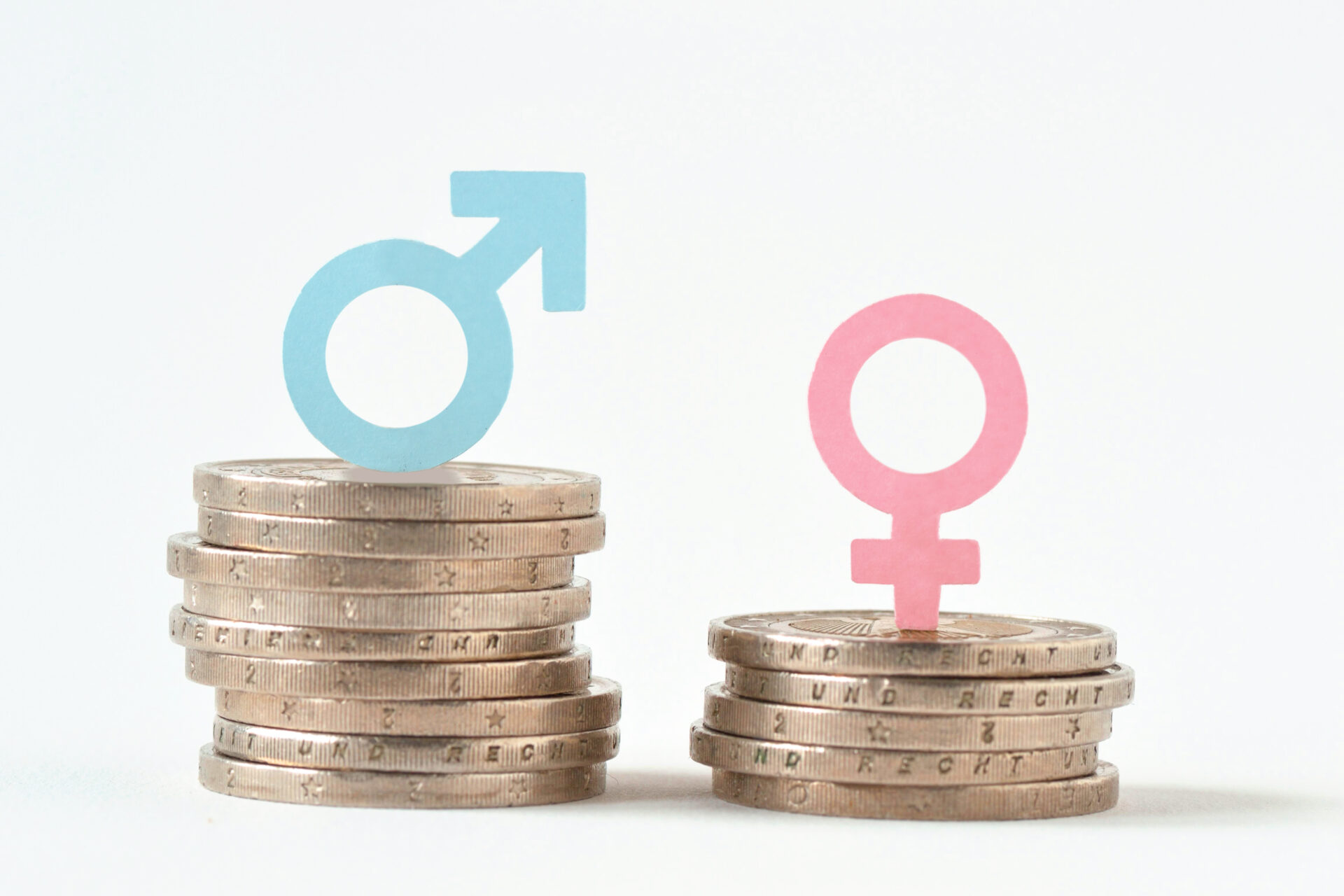Data from Instant Offices found the gender pay gap cost women over £93,000 during their working life, with half of employees saying they were unhappy with their salary.
Average full-time pay in 2024 stood at £37,430, rising by £2,467 from last year.
Graduate salaries for 2025 averaged £31,000 but ranged from £23,000 up to £43,000, depending on sector and region.
Pay typically increased with experience, peaking for the 40 to 49 age group.
There was a noticeable rise between ages 29 and 30, with salaries jumping by £7,696.
Anyone entering their 30s earning less than £39,000 could be underpaid.
On average, 18 to 21 year olds earned £24,440, with pay rising to £32,292 for 22 to 29 year olds, then to £39,988 at 30 to 39, £42,796 at 40 to 49, £40,456 at 50 to 59, and £36,036 for those aged 60 and over.
Additionally, Instant Offices found that the gender pay gap, sitting at 9% nationally, widened as people got older.
At entry level, men aged 18 to 21 earned £520 more than women.
This gap increased over time, with women in their 40s earning almost £3,000 less per year than men, even though this was the highest-earning decade.
Men aged 18 to 21 earned £24,960, compared to £24,440 for women.
In the 22 to 29 bracket, men earned £33,176 and women £32,292.
For 30 to 39 year olds, men earned £41,652 and women £39,988.
The 40 to 49 age group saw men at £45,552 and women at £42,796.
At 50–59, men earned £43,940 and women £40,456. At 60 plus, men earned £38,636, women £36,036.
Instant Offices said the pay gap started small but grew over a working lifetime.
By the 40s and 50s, women missed out on thousands each year, with the total shortfall reaching nearly £93,400 over a 40-year career.
The figure did not include bonuses, pensions or other benefits, so the true cost could be much higher.
Instant Offices said employers could take simple steps to reduce the gender pay gap.
These include regularly reviewing salaries across all levels to identify gender differences, setting clear pay ranges for each role, supporting women’s career progression through promotion opportunities and unbiased reviews, and offering flexible working and parental leave to help women maintain career momentum.
Instant Offices added that employers can also review recruitment and promotion practices using structured interviews and diverse panels, and provide equal access to training and development to reduce the long-term pay gap.
















